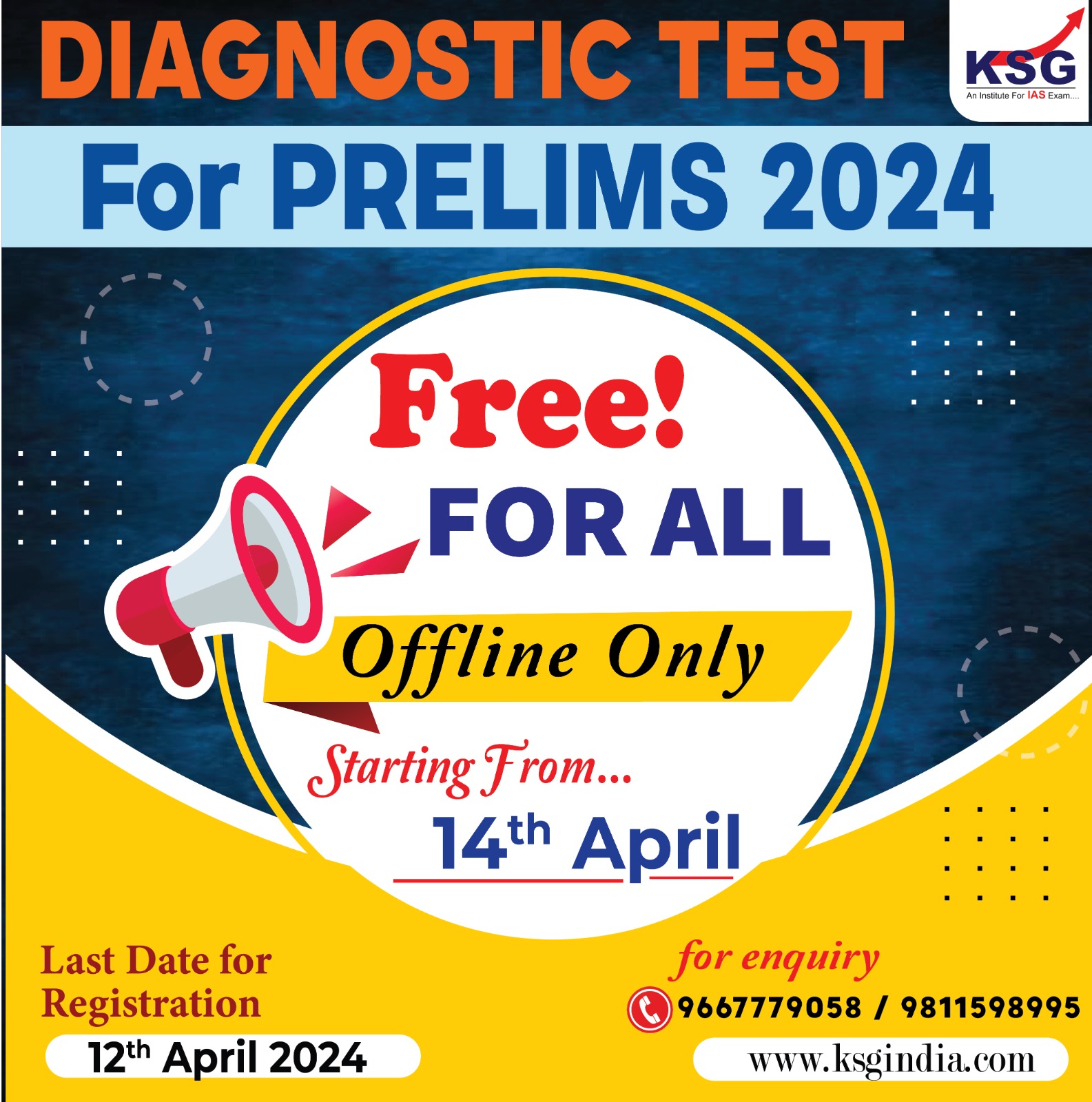Towards assured healthcare
Source: By the financial express
Over the last few months, from Budget announcements to the National Health Policy (NHP), it is clear that the government has been pushing the needle substantively towards making universal access to health a reality. More laudable is the focus on a holistic, wellness approach that takes into consideration the risk factors that impact physical, mental and emotional well-being of each and every citizen. In true spirit of ‘Antyodya’, NHP 2017 emphasises creation of ‘an enabling environment for realising health care as a right in the future’.
The intent to upgrade 1.5 lakh rural sub-centres to health and wellness centres in the Budget along with increased budgetary allocation for AYUSH and emphasis on skill development programmes for the rural community, signal the shift towards a 360-degree approach for public health. NHP by raising the targeted public health spending to 2.5% of GDP from the current 1.4% level with focus on NCDs, has given a long over-due thrust to disease prevention and health promotion.
Currently, India faces health challenges on multiple fronts, including the double burden of both communicable and non-communicable diseases (NCDs), many of which can be prevented with timely screening and appropriate interventions. While the mortality rate from NCDs such as cardiovascular, metabolic disease, obesity and cancer has increased to 60%, the incidence of tuberculosis, diarrhoeal disease and water-borne illnesses still remains daunting. The growing burden of NCDs is estimated to lead to a loss of $6.2 trillion by 2030—nearly three times our current GDP.
Given the narrow window of opportunity, a ‘Total Health’ approach, entailing a shift from the current paradigm focusing on a sickness model to focusing on creating a culture of wellness, is the way forward. The challenge lies in replicating successful pilots and leveraging partnerships to reach the last mile efficiently. It is therefore encouraging to see that the NHP has emphasised on an integrated approach towards prevention of NCDs with focus on timely screening and providing a larger package of comprehensive primary health care. Above all, the NHP has also called for an increased collaboration with the private sector for operationalising health and wellness centres across the country. It is now the implementation that holds the key to its success.
Corporate Social Responsibility (CSR) has been identified as an important area in the NHP that can fill critical gaps in the public health facilities. Several private sector organizations have been working pro-actively in healthcare as part of their CSR. With a more integrated approach under the health mission, it will be possible to scale up substantial projects to achieve the national goal of universal health within a time-bound framework. Our experience with Apollo Foundation’s Total Health Program in the Aragonda village of Andhra Pradesh has shown how mapping and screening of NCDs helps in managing the disease burden and reducing out of pocket expenditure effectively. Providing end-to-end solutions ranging from medical, nutritional, clean water and sanitation to education and livelihood, have led to positive health outcomes for the community. Such efforts, if integrated with the Union and state government initiatives, can be replicated and sustained across the country.
In this direction, the NHP has taken a laudable initiative for the private sector to invest and innovate, by providing a far-sighted patient-centric healthcare delivery framework. The implementation of the NHP framework along the following areas will reinvigorate public private partnership and strengthen the healthcare infrastructure. Incentivisation of private sector to invest in healthcare by providing them financial and non-financial incentives, Fostering PPPs for capacity building, skill development, disease surveillance and management, will go a long way in meeting public health goals.
Setting up of the National Digital Health Authority (NDHA) and health information exchange platform will create the much needed digital backbone of health infrastructure and will become a game-changer in continuum of care. Deploying technology through SEHAT—our telemedicine partnership with the government has shown how technology can be leveraged across rural and remote areas to deliver patient-centric health care. Enthused by the results, we are certain that a lot more is achievable with the application of digital health as advocated in the NHP. Implementation of NHP key strategies will also help understand health financing needs of the local population better, especially since raising out of pocket expenditure for healthcare remains a key concern.
We are confident that a comprehensive database, an inter-sector and interdisciplinary approach along with a supporting infrastructure is the way forward to achieve national health goals. It is now time to roll-out the national health mission in earnest as its implementation augurs well for a strong public-private partnership.



